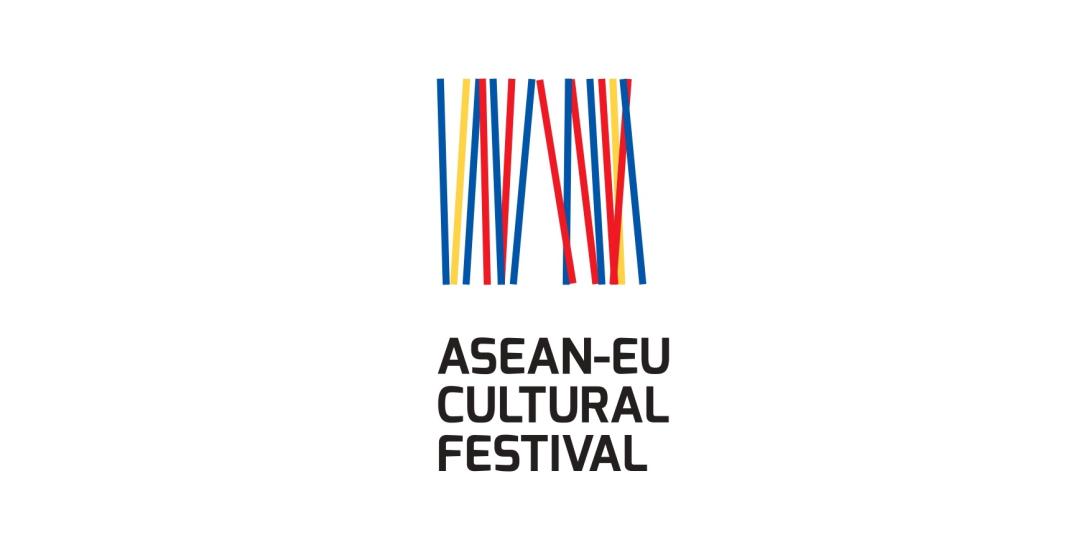Youth Voices : Celebrating Young Artists from Europe and Southeast Asia

The Youth Voices festival will enable this new generation of artists to share their ideas and hopes for the future and to learn from each other. The festival will thus strengthen connections between the two continents and promote a more inclusive, sustainable and resilient global community.
The festival will open in Jakarta on 19 September with a jazz concert that brings together musicians passionate about exploring new soundscapes. It will continue onsite on 22 September (in Phnom Penh) and 23 September (in Bangkok) with the screening of movies produced by young film directors.
The online festival programme includes:
- Jazz musicians from different backgrounds, who will come together to create unexplored soundscapes as well as rock guitar riffs and rap flows. These echo the interrogations of art and creation into today’s greatest issues.
- Two movies that reflect the hopes of a rising generation and the respect of individual and collective rights.
- A round table, “Cross-promoting EU and ASEAN films: Challenges and opportunities”. This will analyse the visibility of Asian fictional film works in Europe and European works in Asia. It will feature a discussion among directors and festival curators working in both regions.
- Two exhibitions: The first, Butterflies count not months but moments and have enough time, brings together the young generation’s artistic views on the idea of nature as a site for environmental and philosophical imagination. The second is a photo exhibition that gives a historical perspective on cooperation between the EU and ASEAN over the past 45 years.
All events presented at the festival, both onsite and online, are free of charge. The festival is funded by the European Union and organised in partnership with the ASEAN Secretariat.
The full programme is available here
To stay updated, follow us on:
Facebook: @ASEANEUCULTURE2022
#ASEANEUCULTURE2022
BACKGROUND INFORMATION
EU-ASEAN relations
EU-ASEAN relations
The European Union (EU) and the Association of Southeast Asian Nations (ASEAN) have been dialogue partners since 1977. They share the values and principles of a rules-based international order, effective and sustainable multilateralism as well as free and fair trade.
Following the 23rd EU-ASEAN Ministerial meeting on 1 December 2020, the EU and ASEAN opened a new chapter in their longstanding relationship by becoming Strategic Partners. In December, representatives of the EU and ASEAN will meet in Brussels for the first EU-ASEAN Summit.
https://www.eeas.europa.eu/asean/european-union-and-asean_en?s=47
About the organisers
The European Union (EU) is an economic and political union of 27 Member States[1] with a combined population of 470 million. The EU has built a zone of stability, democracy and sustainable development, while maintaining cultural diversity, tolerance and individual freedom. In 2012, the EU was awarded the Nobel Peace Prize for advancing the goals of peace, reconciliation, democracy and human rights in Europe. The EU is the world’s largest trading bloc and the world’s largest source and destination of foreign direct investment. Collectively, the EU and its Member States are the world’s largest donors of official development assistance (ODA), providing more than half of global ODA.
The Association of Southeast Asian Nations (ASEAN) was established on 8 August 1967 and now consists of 10 Member States: Brunei Darussalam, Cambodia, Indonesia, Lao PDR, Malaysia, Myanmar, the Philippines, Singapore, Thailand and Viet Nam. On 31 December 2015, the ASEAN Community was formally established. The ASEAN Secretariat is based in Jakarta, Indonesia.
[1] Belgium, Bulgaria, Czechia, Denmark, Germany, Estonia, Ireland, Greece, Spain, France, Croatia, Italy, Cyprus, Latvia, Lithuania, Luxembourg, Hungary, Malta, Netherlands, Austria, Poland, Portugal, Romania, Slovenia, Slovakia, Finland and Sweden.
